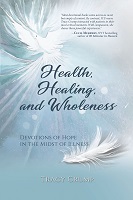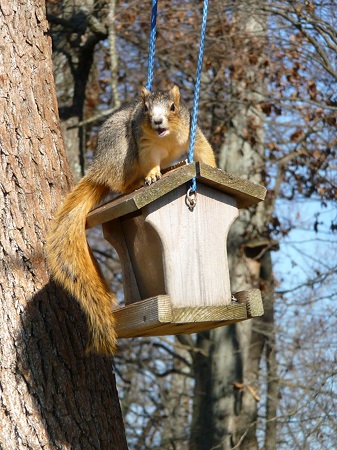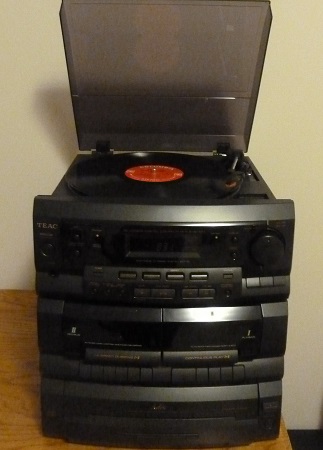My Heart Is Full
 My heart is full when I spend time with people I love. It’s also full when I miss those same people. The first feels good. The second hurts.
My heart is full when I spend time with people I love. It’s also full when I miss those same people. The first feels good. The second hurts.
My heart is full means I feel strong emotions.
I usually feel glad. However, it also refers to times I feel:
- Sad, down in the dumps
- Mad, fit to be tied
- Afraid
- Lonely
- Any strong emotion
Emotions affect physical reactions. My heart beats faster with strong emotions. It beats slower if I feel relaxed, snug as a bug in a rug.
My heart is full of different emotions when I see this picture.
- Memories of good times fill me with joy.
- Missing our get-togethers brings tears.
- Knowing my dad, mom, and younger nephew are in heaven comforts my heart.
- Looking forward to seeing them again makes my cup run over.
I give thanks for God’s never-failing presence and the emotions to deal with every life event.
“The Lord is my strength and my shield; my heart trusts in him, and he helps me. My heart leaps for joy, and with my song I praise him” (Psalm 28:7 NIV).
 If your heart is full of painful emotions due to experiencing a medical crisis, walking alongside someone who is, or caring for a loved one, my friend Tracy Crump’s book, Health, Healing, and Wholeness: Devotions of Hope in the Midst of Illness, may help. On Saturday, October 30, I will randomly select the name of one person on my mailing list to receive a free copy of Tracy’s book. Please encourage your friends to also subscribe to my mailing list for a chance to win.
If your heart is full of painful emotions due to experiencing a medical crisis, walking alongside someone who is, or caring for a loved one, my friend Tracy Crump’s book, Health, Healing, and Wholeness: Devotions of Hope in the Midst of Illness, may help. On Saturday, October 30, I will randomly select the name of one person on my mailing list to receive a free copy of Tracy’s book. Please encourage your friends to also subscribe to my mailing list for a chance to win.
Thanks to Jane Ashley Pace for the suggestion.
Do you have an expression you want explained or a thought about this one? If so, please comment below.
If you enjoyed this post, please share it with your friends.
 I caught this little squirrel where he should not be, doing what he should not do. The feeder was for birds, not squirrels. Yet, there he sat, stuck up and daring me to do anything about it.
I caught this little squirrel where he should not be, doing what he should not do. The feeder was for birds, not squirrels. Yet, there he sat, stuck up and daring me to do anything about it. For young people unfamiliar with vintage audio, saying someone sounds like a broken record fails to compute. Many can’t relate to a record player needle landing on a scratched vinyl record—a sound definitely not
For young people unfamiliar with vintage audio, saying someone sounds like a broken record fails to compute. Many can’t relate to a record player needle landing on a scratched vinyl record—a sound definitely not  Get ready. Beware. Katy bar the door.
Get ready. Beware. Katy bar the door. Old wagons, carts, and carriages remind us that the squeaky wheel gets the oil (or grease). Their rides equal hours of fun — if the wheels work well.
Old wagons, carts, and carriages remind us that the squeaky wheel gets the oil (or grease). Their rides equal hours of fun — if the wheels work well. Do you have a nest egg? Perhaps you hide it in a special place at your home. Maybe in a sock or a cookie jar? Or you might keep it in a bank or other financial institution.
Do you have a nest egg? Perhaps you hide it in a special place at your home. Maybe in a sock or a cookie jar? Or you might keep it in a bank or other financial institution. On the up and up sometimes refers to people becoming successful.
On the up and up sometimes refers to people becoming successful.  Let it be. Let it lie.
Let it be. Let it lie.  When we serve soup, we want no bones about it. We may cook bones in our soup, but we take them out when we eat. Swallowed bones often result in a visit to the hospital.
When we serve soup, we want no bones about it. We may cook bones in our soup, but we take them out when we eat. Swallowed bones often result in a visit to the hospital. Lions have a big head, a loud roar, and a reputation as king of the jungle. Although big, strong, and fast, lions can be caught and controlled by smaller, weaker, and slower lion tamers.
Lions have a big head, a loud roar, and a reputation as king of the jungle. Although big, strong, and fast, lions can be caught and controlled by smaller, weaker, and slower lion tamers.